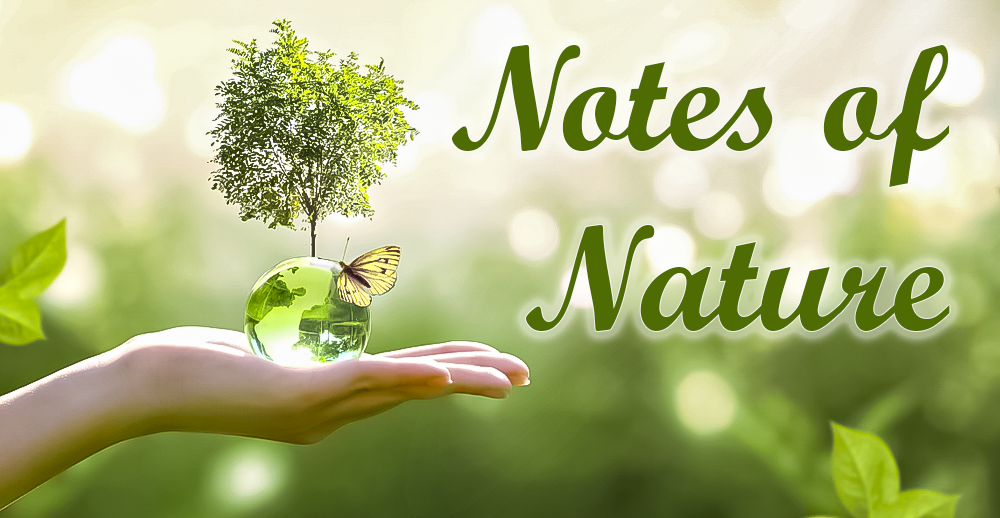Some plants, as with everything in the universe, are more successful than others. Probably the best example of this is wheat, some species of which have virtually guaranteed the success of their species at least while humans exist. There is evidence that wheat had humans in its grip a much as 13000 years ago, this began the advent of farming. This began with emmer and einkorn wheat, which was domesticated and they evolved new traits that made it even more successful with its new partners. The seeds grew larger, the main stem (rachis) became less brittle so that the ears rather than individual seeds could be collected, and the covering over each seed loosened. These three adaptations made the harvesting much easier. Since then artificial selection has helped wheat further become engrained in human culture.
But we don't just use plants for food. Other applications include: Cotton for clothing, trees for paper and shelter, fossilied plants for fuel such as coal, oil and gas, many plants are used for medicines; for instance periwinkle plants used for treatment in child leukemia.
 A fairly new use of plants seems to be as a replacement or as a composite ingredient for plastics, for example, plastic bottles. PepsiCo now make a 100% plant-based bottle from such sources as switch grass, pine bark and corn husks. These bottles look, feel and protect its product just the same as existing plastic containers. Coca-cola is also making bottles from plants, including the up to 22.5% plant bottles made from sugarcane ethanol, grown in Brazil. So, in future look for more logos such as the one to the left - not only made (at least in part) by plants, but also 100% recyclable.
A fairly new use of plants seems to be as a replacement or as a composite ingredient for plastics, for example, plastic bottles. PepsiCo now make a 100% plant-based bottle from such sources as switch grass, pine bark and corn husks. These bottles look, feel and protect its product just the same as existing plastic containers. Coca-cola is also making bottles from plants, including the up to 22.5% plant bottles made from sugarcane ethanol, grown in Brazil. So, in future look for more logos such as the one to the left - not only made (at least in part) by plants, but also 100% recyclable.It just goes to show that the plants are the true masters. It's only as we develop and understand the beauty and brilliance of plants and what they can offer us in exchange for us growing them that we're, in some ways, possibly heading towards a time when we life more in tune with nature. The plants that provide us with what we need have been the most successful in the plantae kingdom because they are the ones that have dedicated places in our landscape. In fact without the fields of cereal crops in the UK, I'm not sure anyone would regonise our great land - that's how much of a hold these plants have on our human race.

No comments:
Post a Comment
I really enjoy reading and replying to your comments, but please do not use this space for advertising!